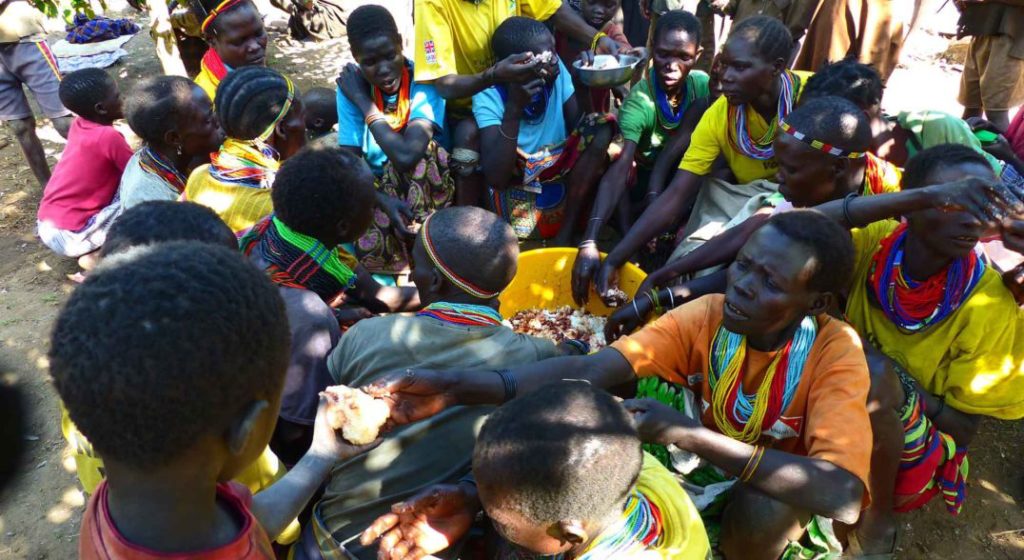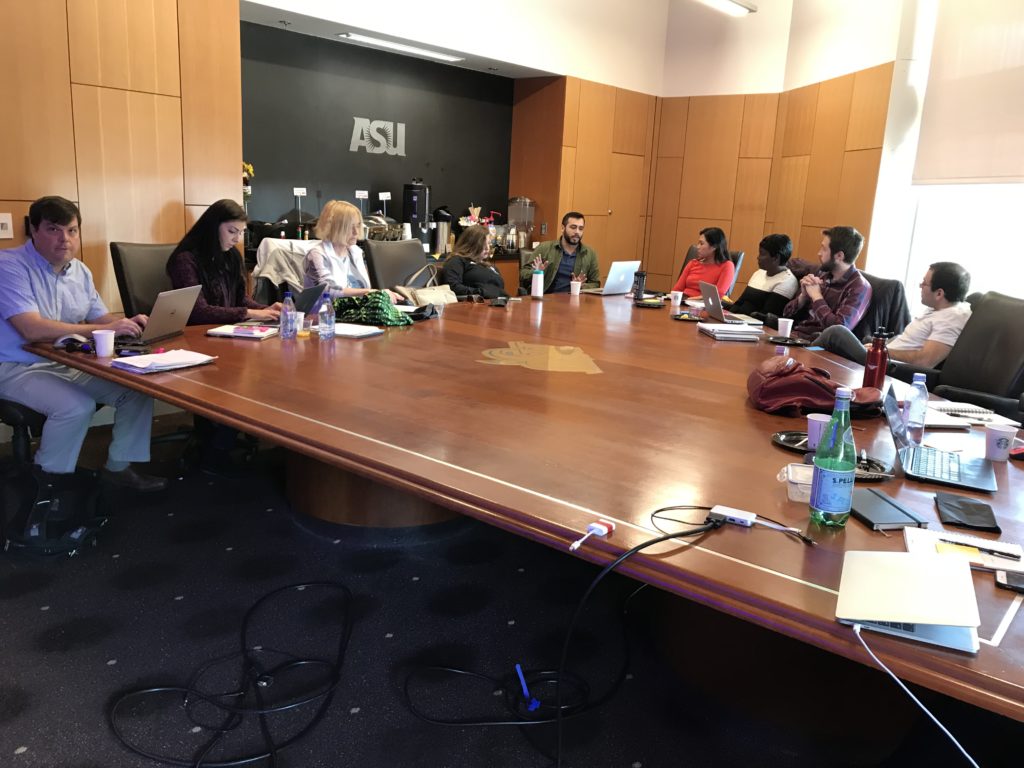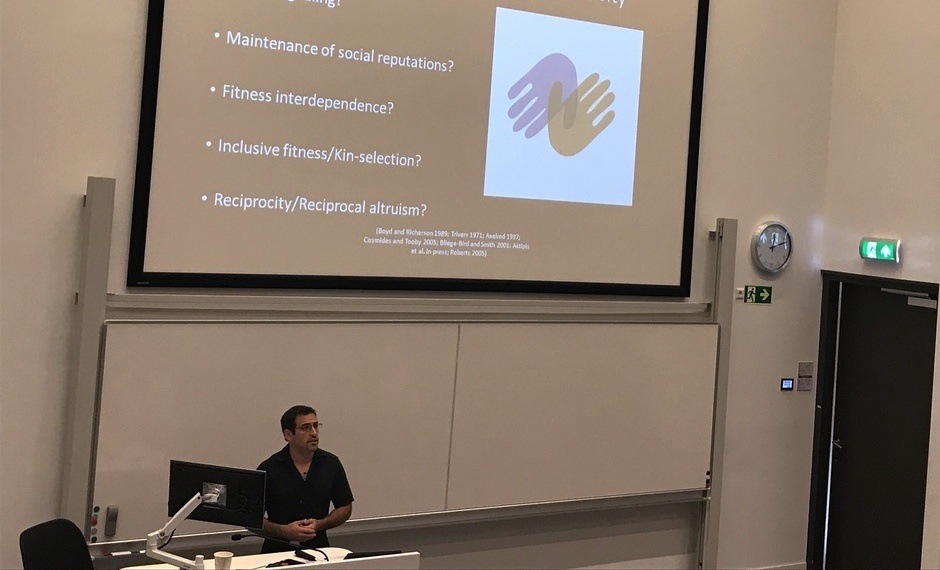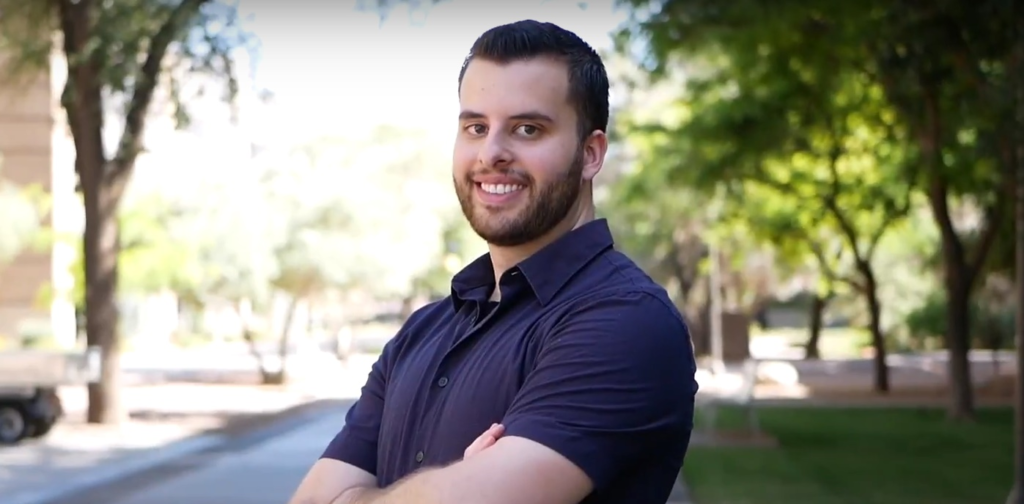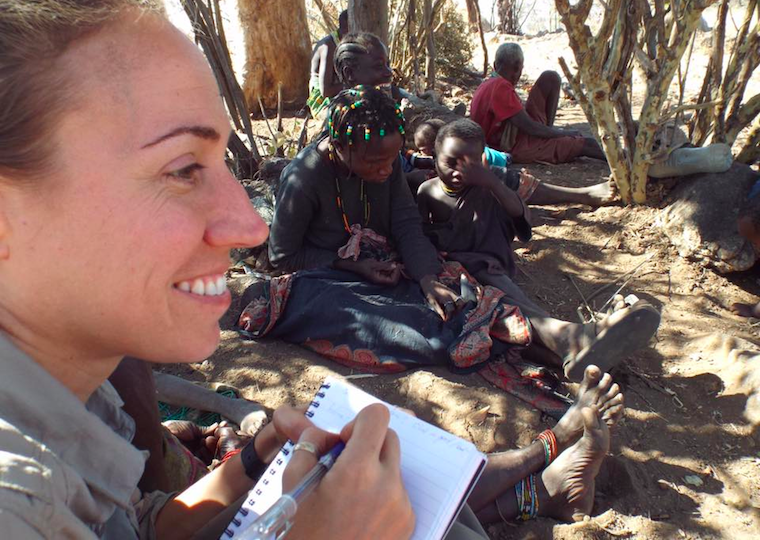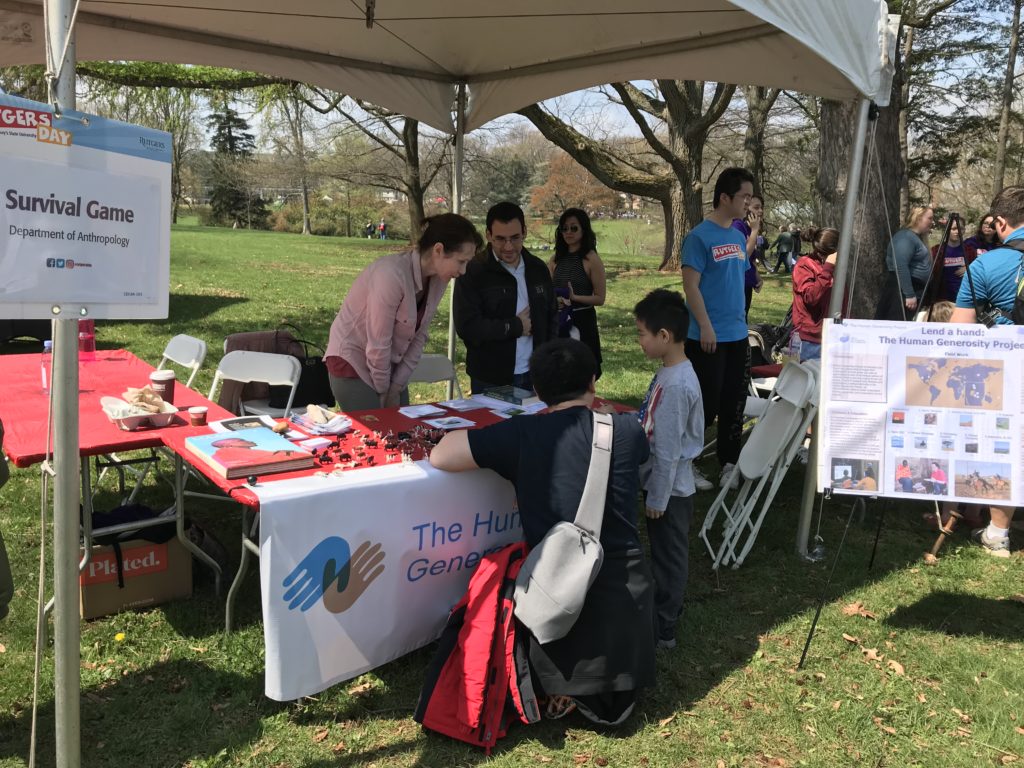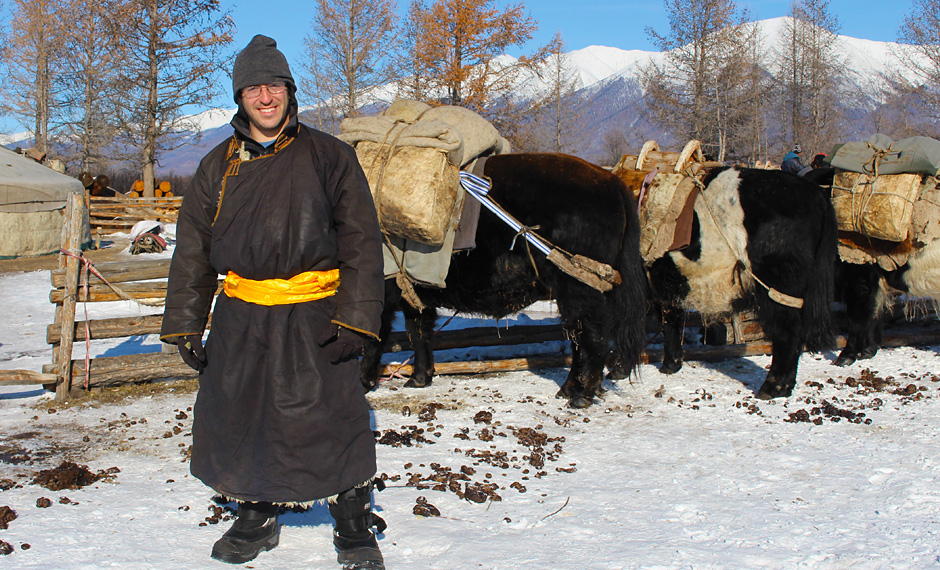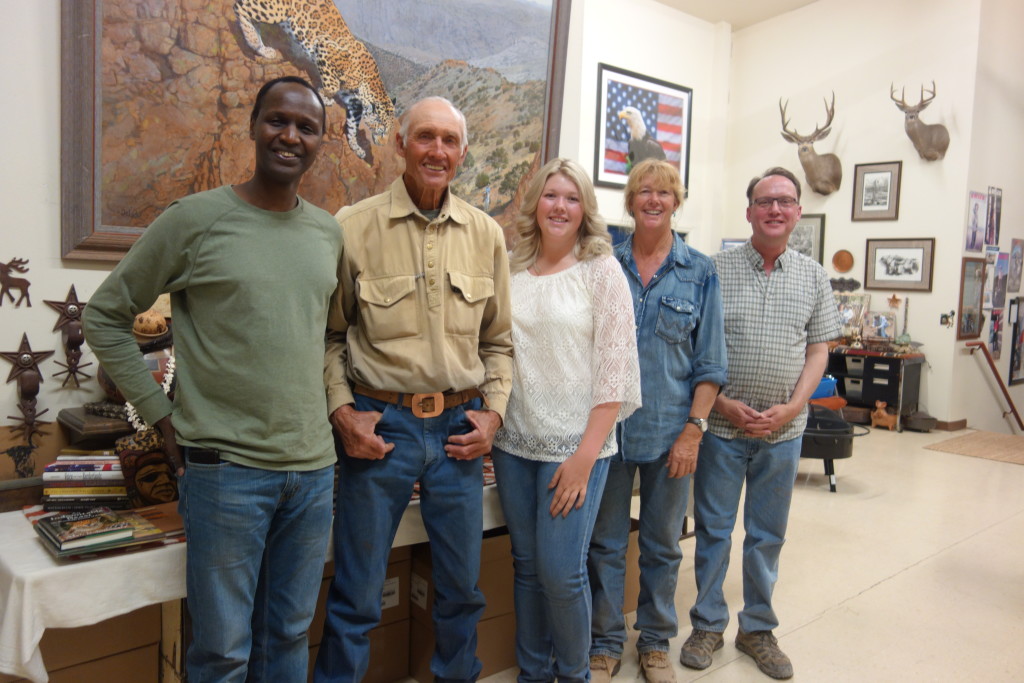Sapiens, an online magazine published by the Wenner-Gren Foundation for Anthropological Research, recently posted an article about the Human Generosity Project. Scientific American and Discover, which are popular popular science magazines, also posted the article. The article focuses mainly on Cathryn Townsend’s work with the Ik in Uganda. The Ik, described by anthropologist Colin Turnbull as “the loveless people”, have often been considered as an example of a society devoid of generosity. However, Townsend’s work challenges that notion and explores a more complete picture of generosity among the Ik. The article also provides an overview of some of the key findings and questions being investigated by the Human Generosity Project and features quotes by project directors Athena Aktipis and Lee Cronk. Click here to read the article.

